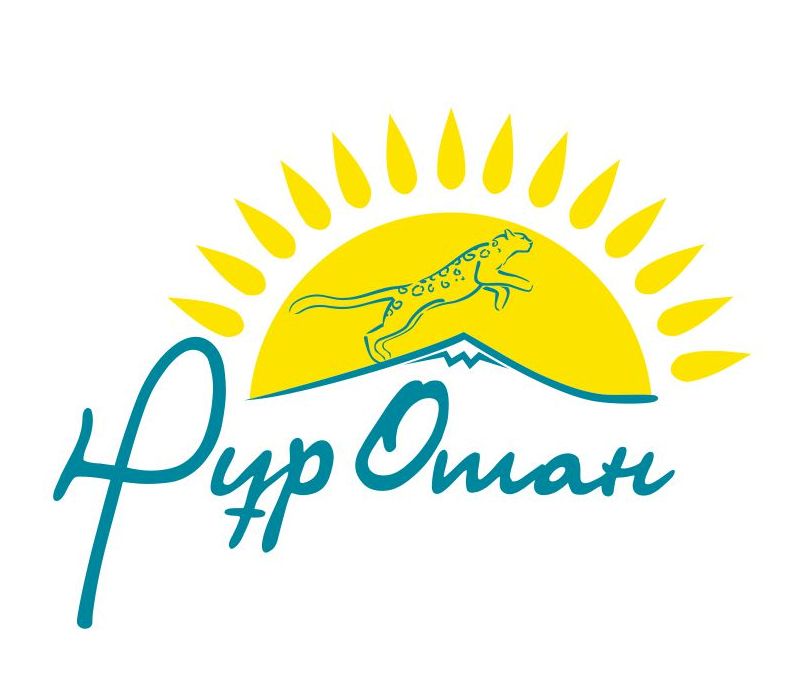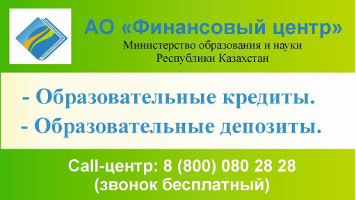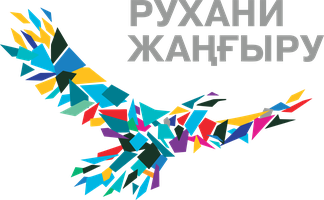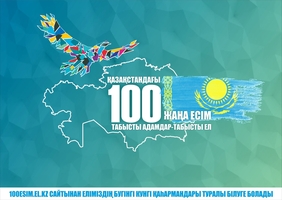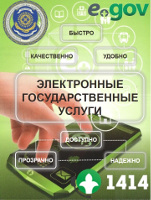
"Менің елім. Жануарлар." ашық сабақ
 20.10.2021
20.10.2021
|
Lesson: My country. Living things. Animals.
|
School: Ken Basic Secondary School |
|||||||||||||||||||||
|
Date:14.10.21
|
Teacher name: Musaeva G.M. |
|||||||||||||||||||||
|
Grade: 5 a |
Number present: |
Absent: 0 |
||||||||||||||||||||
|
Learning objectives(s) that this lesson is contributing to
|
5.L3 understand an increasing range of unsupported basic questions on general and curricular topics 5.S6 communicate meaning clearly at sentence level during, pair and whole class exchanges 5.W8 spell most high-frequency words accurately for a limited range of general topics 5.UE1 use appropriate degree of comparison describing animals on a limited range of familiar general and curricular topics |
|||||||||||||||||||||
|
|
All learners will be able to: - learn and read the new words, write the exercises - get information about a limited range of the topic «Animals in Kazakhstan» with support; - use degrees of adjectives to describe domestic and wild animals. Most learners will be able to: - write with support factual descriptions at text level which describe animals, places and objects with some support; - read and translate the words and expression, ask answer the questions - use the new words and grammar in their speech habits Some learners will be able to: - to speak about the given theme using the new words and expressions -write with support factual descriptions at text level which describe animals, places and objects without support; |
|||||||||||||||||||||
|
Previous learning |
Description of people for a blog. |
|||||||||||||||||||||
|
Plan |
||||||||||||||||||||||
|
Planned timings |
Planned activities (replace the notes bellow with your planned activities ) |
Resources |
||||||||||||||||||||
|
Start
10 min
|
Greeting: duty’s report Teacher presents new tongue-twister A big black bear Sat on a big black bug This big black bug bit This big black bear (W, I) Warm up: ‘Concept question’ ‘Basketball’ game
T: What about are these questions? S1: About animals. S2: About dogs. Students, today’s new theme is about ‘Animals` Checking up the home task talk about the people. New words: teacher will pronounce every word, students will repeat after teacher domestic animal-үй жануары wild animal- жабайы жануар woods- ормандар, ағаштар jungles-джунгли fields-жайылым fox-түлкі tiger-жолбарыс wolf-қасқыр elephant-піл hare-қоян horse-жылқы bull-өгіз sheep-қой Task 1. ‘Matching’
Descriptors:
Then teacher gives learners self-assessment papers and asks them to colour one of the “person”, answering the question “ How do you think, where you are now, before the lesson?”
|
Slide 1
pictures
Pictures Blob tree
|
||||||||||||||||||||
|
Middle
25 min
|
Task:2. Choose the correct words 1.A camel is the fastest\faster than a wolf? 2.The Samoan moss spider is smaller\the smallest spider in the world. 3.Horses are more intelligent\the most intelligent than sheep. 4.A cat is smaller than\more a leopard. 5.What is a\the most dangerous animal in the world? Descriptors:
Task:3. Read and translate the text. (Differentiation by task for the text: Animals in Kazakhstan) read the text and make a poster “Animals in Kazakhstan” Task:4 “Listen and identify strategy”
-I am yellow and brown, I eat leaves, I have a very long neck. I live in Africa. I am …. -I have four legs, I have big ears, I have trunk, I am very big. I am …. -I eat lots of grass. I look like a horse, I have black and white stripes. I have four legs . I am a …. -I can roar. I have a mane. I eat other animals. I have sharp claws. I am a …. -I live in the forest. I eat grass. People hunt me. I have antlers. I am an …. -I’m a wild animal. I howl. I hunt in packs. I look like a dog. I am a …. -I live on the farm . I look like a horse, but I have longer ears. I bray or hee-how. I am a …. |
Differentation work
JIGSO strategy
pictures
Interactive board
|
||||||||||||||||||||
|
End 5 min |
My mood after the lesson
|
Smiles Stickers
Assessment sheet |
||||||||||||||||||||
|
Additional information |
||||||||||||||||||||||
|
Differentiation – how do you plan to give more support? How do you plan to challenge the more able learners? |
Assessment – how are you planning to check learners’ learning? |
Health and safety check |
||||||||||||||||||||
|
Most support: -they will repeat the new words and they can learn words by repeating -I’ll show them pictures of the words in the text - I’ll show the pictures, if they can’t say it in English, they can say it in their native language
Challenge: More able learners: - if they can’t know the name of the picture I’ll tell them the first letter of the word -I will read them riddles they will find the answers .
Teacher gives different activities for each group. Group 1: read the text and find true or false sentences Group 2: ask 10 questions about the specific details of the text. Group 3: read the text and make a poster. |
1. After each activity teacher will assess in oral form (excellent, good, very clever boy or girl, good job ) 2. According to their mood after the lesson students will stick stickers to the smiles that handing on the board 3 Students fill in assessment sheets (put ticks and crosses)
|
Safety health technology Interactive board Health activities |
||||||||||||||||||||
|
Reflection Were the lesson objectives/learning objectives realistic? Did the learners achieve the LO? If not, why? Did my planned differentiation work well? Did I stick to timings? What changes did I make from my plan and why?
|
Use the space below to reflect on your lesson. Answer the most relevant questions about your lesson.
The lesson objectives were realistic because all the learners were covered by different tasks Today learners learn names and types of animals, degrees of adjectives. My planned differentiation work well because all learners were interested in doing tasks. I will stick timing s as possible. I expect that I know more about my students about friends atmosphere was positive. |
|||||||||||||||||||||
|
Summary evaluation What two things went really well (consider both teaching and learning)? 1: Matching 2:Choosing correct words What two things would have improved the lesson (consider both teaching and learning)? 1: Using learning skill – ‘Basketball’game 2: Using degrees of adjectives to describe domestic and wild animals. What have I learned from this lesson about the class or achievements/ difficulties of individuals that will inform my next lesson?
|
||||||||||||||||||||||



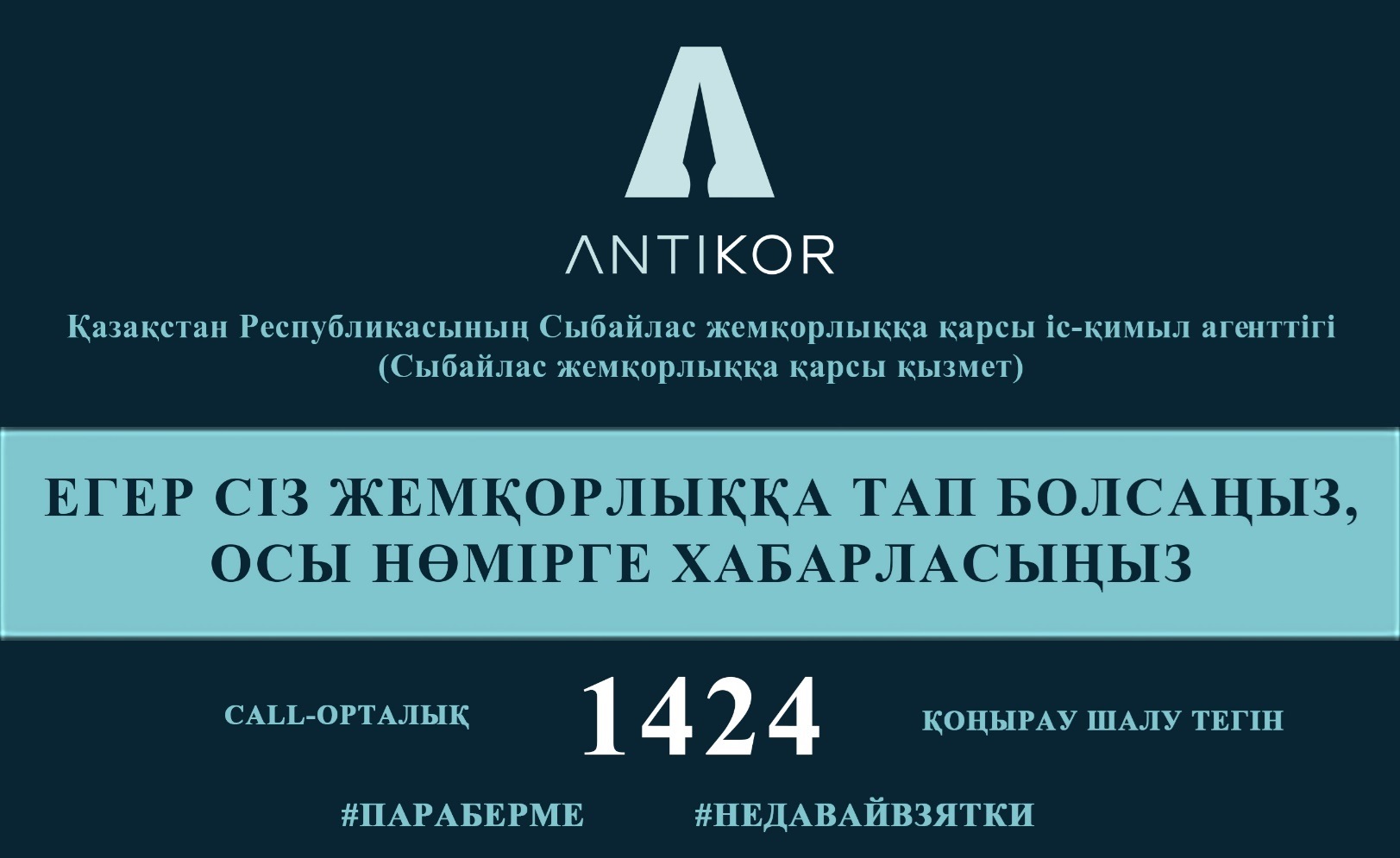
 Мектепке дейінгі балалар ұйымына жолдама қалай алуға болады
Мектепке дейінгі балалар ұйымына жолдама қалай алуға болады
 Мектепке тіркеу үшін құжаттарды қабылдау
Мектепке тіркеу үшін құжаттарды қабылдау



